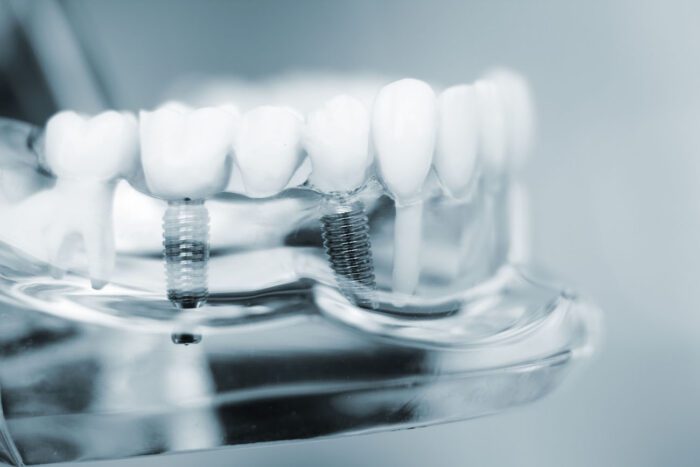Missing teeth can significantly impact your oral health and self-esteem. Fortunately, several treatment options exist for missing teeth, each with its own set of benefits and drawbacks. Understanding these options helps you make an informed decision.

Treatment Options
Dental Implants
Dental implants offer a permanent solution for missing teeth. They involve surgically placing a titanium post into the jawbone, which acts as a root for the replacement tooth. Over time, the bone integrates with the titanium, providing a stable foundation. Implants often look and feel like natural teeth, making them an excellent choice for those seeking a long-term solution.
One of the primary benefits of dental implants is their durability. With proper care, they can last a lifetime. They also help prevent bone loss in the jaw, which can occur when teeth are missing. This makes them a beneficial option for maintaining the structure of your face.
However, the procedure can be costly, often requiring a significant financial investment. The process also involves multiple stages, including a lengthy healing period that can take several months. Additionally, not everyone is a candidate for dental implants. Adequate bone density is necessary for the implant to be successful. Your dentist will evaluate your oral health to determine if this option is suitable for you.
Dental Bridges
Dental bridges are another effective solution for missing teeth. They consist of one or more artificial teeth anchored by crowns on adjacent healthy teeth. Bridges often restore both function and appearance, allowing you to eat and speak more comfortably. There are several types of dental bridges. Traditional bridges are the most common and involve creating crowns for the teeth on either side of the gap.
Bridges are less invasive than implants and typically require only two dental visits. However, they rely on the health of surrounding teeth, which must be filed down to accommodate the crowns. Over time, bridges may need replacement due to wear and tear. Regular dental check-ups are essential to ensure the longevity of your bridge.
Partial Dentures
Partial dentures offer a removable option for replacing missing teeth. They consist of artificial teeth attached to a plastic base, which matches the color of your gums. Metal clasps or precision attachments hold the dentures in place, making them a practical solution for those missing several teeth.
Partial dentures are less expensive than implants and bridges, making them a more affordable option. They are also easier to adjust and can be removed for cleaning, which simplifies maintenance. However, they may feel bulky and can shift in the mouth, causing discomfort. It’s crucial to follow your dentist’s instructions for cleaning and caring for your partial dentures. Proper maintenance ensures their longevity and helps prevent oral health issues. Regular dental visits are also necessary to adjust the fit as needed.
Complete Dentures
Complete dentures replace all teeth in the upper or lower jaw. They rest on the gums and are removable, making them a viable option for those who have lost most or all of their teeth. Dentures often improve chewing and speaking, significantly enhancing the quality of life for many patients.
Complete dentures are less costly than implants, offering a more budget-friendly solution. However, they can feel uncomfortable at first and may require an adjustment period. Denture adhesives can help keep them in place, but they may still shift, especially when eating certain foods. Regular dental visits are essential for maintaining the fit and function of your dentures. Over time, your gums and bone structure may change, requiring adjustments or replacements. Your dentist can provide guidance on how to care for your dentures and ensure they remain comfortable.
Choosing the Right Option
Choosing the right option for replacing missing teeth depends on several factors. Consider the number of missing teeth, your budget, and your oral health. Each treatment option has its own set of advantages and limitations, making it essential to weigh them carefully. Consult with your dentist to discuss your specific needs and preferences. They can help you evaluate the pros and cons of each option and provide a personalized recommendation. Your dentist will also consider your overall health and any underlying conditions that may impact your choice.
